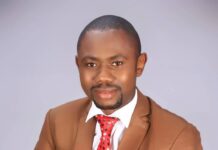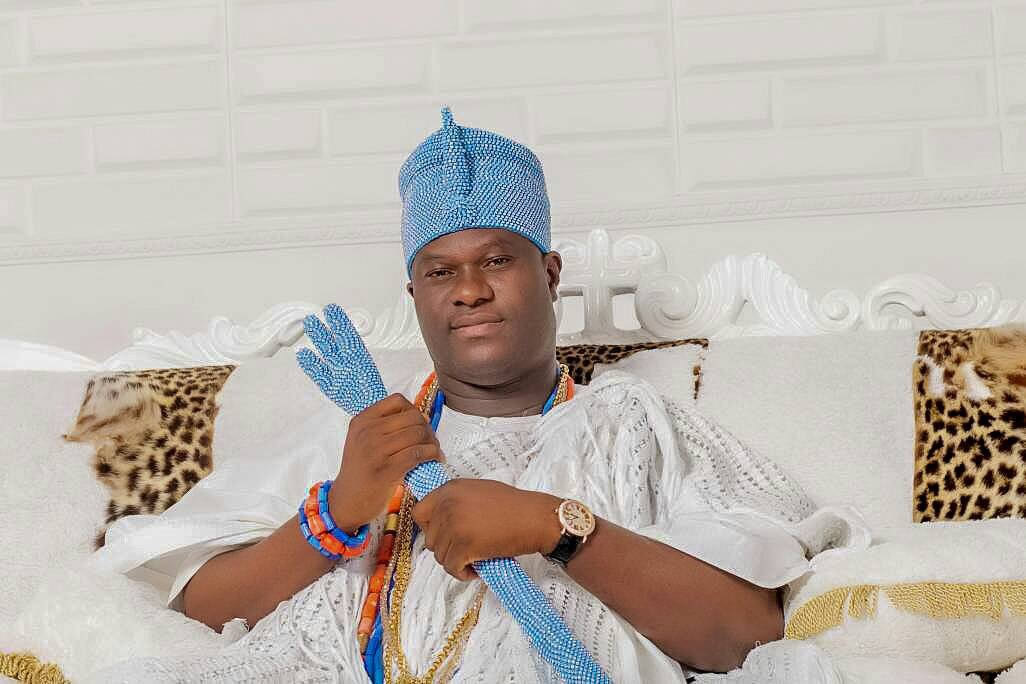By EricJames Ochigbo
The National Institute for Legislative and Democratic Studies (NILDS) has deployed 369 observers to monitor Saturday’s Presidential Election.
Prof. Abubakar Suleiman, the Director- General, NILDS, said this at a news conference on Friday in Abuja, saying that the deployment was part of the institute’s Political Party Watch Project.
Suleiman, represented by the Director, Democracy and Governance, Prof. Adewale Aderemi, Suleiman said that NILDS was working in collaboration with the Westminster Foundation for Democracy (WFD) on the project.
“With regards to the 2023 general election, NILDS will be deploying 369 observers nationwide approximately nine in each state and three in each senatorial district in all the 36 states and then we have about 50 in the FCT.
“We will also be hosting a command centre (situation room) in conjunction with the WFD and other stakeholders where we will be taking real time field reports from these 369 observers in the field.
“We will analyse them with the lenses of inclusivity; we are going to be looking at the involvement of women, youths and People with Disability (PWD) in the process.
“We will also analyse the general conduct of the elections are they pan out and they will be veterans and analysts and we will be live on all the social handles of NILDS and WFD,’’ he said.
Suleiman said that political parties were the fulcrum of any functional democratic system in the world saying that with the state of democracy in Nigeria, any further erosion in the quality of political parties would seriously threaten our democracy.
“They have been a lot of intervention in building the capacity of our political parties since 1999, donors are not just willing to put their money in political parties anymore but we are not giving up.
“What we want to do with the Political Party Watch Project of which the monitoring of inclusive practice of the political parties is a part, is to address the challenges we have identified in the political party system in Nigeria,’’ he said.
Suleiman said the problems included lack of internal part democracy and `god fatherism’ which affected the quality candidates the electorates were to choose from; which was also responsible for voter apathy.
Earlier, the Country Representatives of WFD, Mr Adebowale Olorunmola said that WFD was founded in 1992 in the United Kingdom to support the growth of democracy across the world.
According to him, the foundation has been working in more than 40 countries since then to support institutions that are fundamental to democratic growth like the legislature, political parties civil society among others.
He said that 2023 marked 24 years since the return of democracy in Nigeria and the sixth general election was about to be conducted to elected leaders for the next four years.
He said that since 1999, democracy had made progress in some certain areas particularly in the conduct of elections in the country.
Olorunmola, however, said that much needed to be done to ensure more citizens’ participation in the entire process which included before, pre election, election period after the election.
“The health of a democracy is not determined by the successful conduct of elections alone but by the inclusive participation of citizens in the democratic process.
“This is regardless of gender, age, religion, ethnic origin, location or state of ability or disability.
“This is a key determinant of the health of a democracy and therefore when we have a good percentage of population participating in the process, we can confidently say our democracy is healthy.
“As we have it, our democracy is work in progress because over the years, Nigeria has continued to be on the wrong side of data on inclusive participation and inclusion,’’ he said.
The Political Party Watch Project is a nonpartisan, research based multi-stakeholder engagement with Westminster Foundation for Democracy (WFD) the Independent Electoral Commission (INEC) Inter Party Advisory Council (IPAC) among others.
The broad goal is to monitor, analyse and evaluate the conducts of the 18 political parties in Nigeria, to increase public knowledge and citizen’s engagement with political parties while enhancing inclusivity, trust and participation during election.(NAN)



